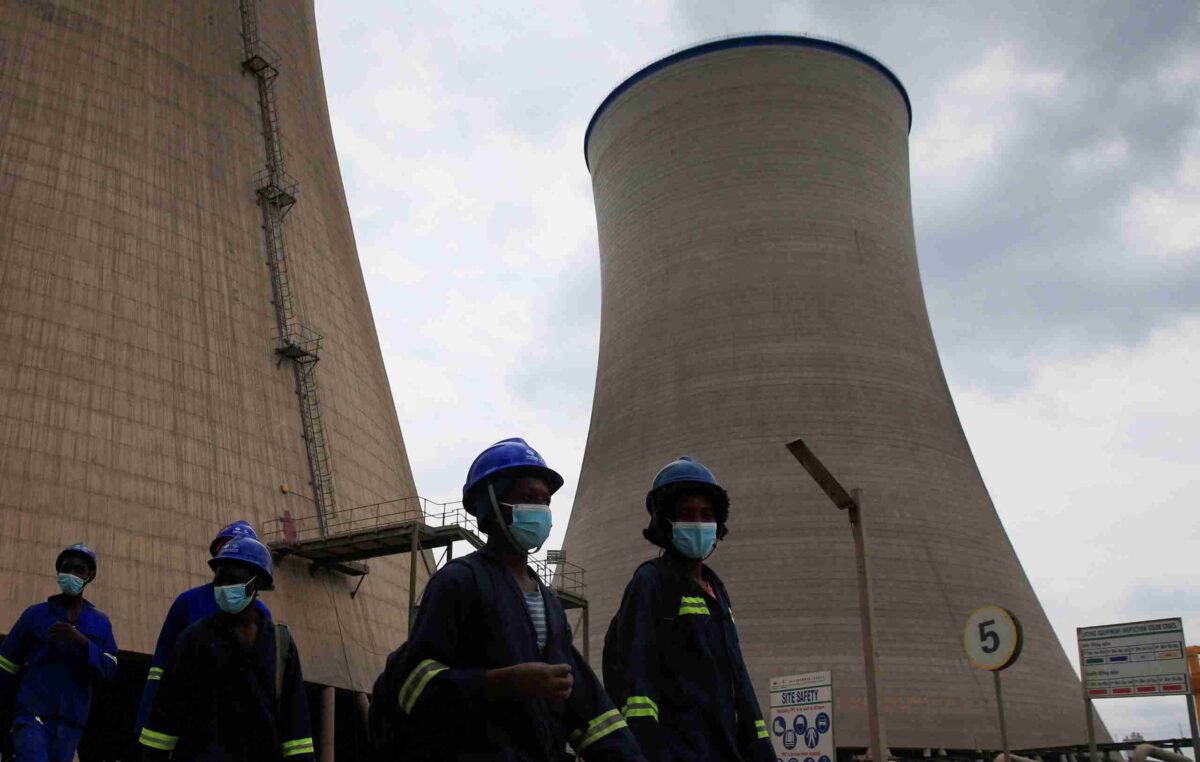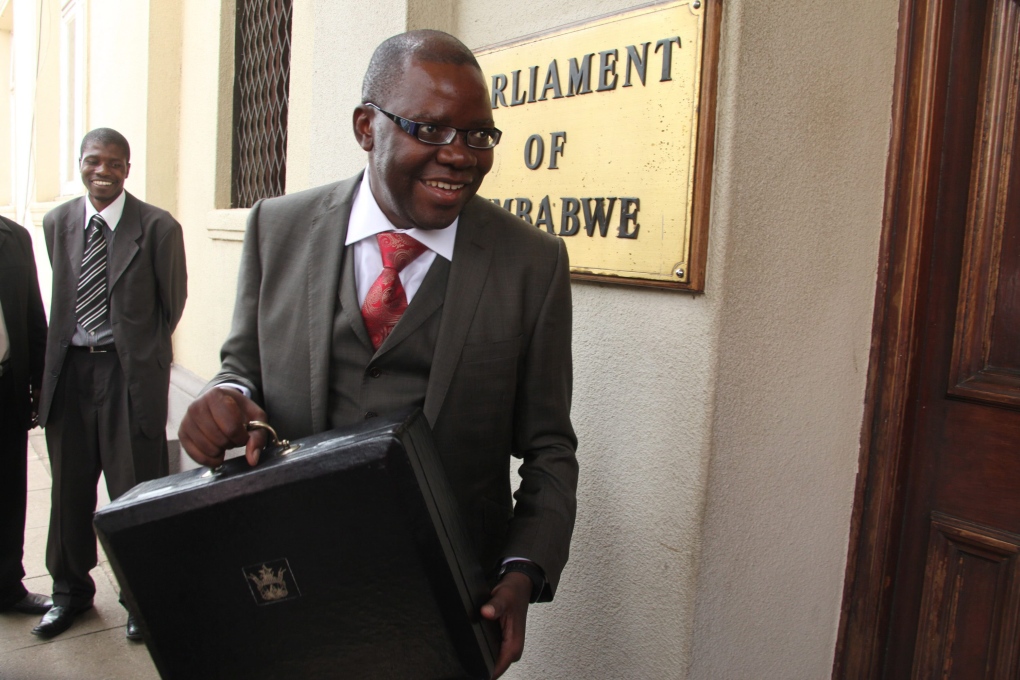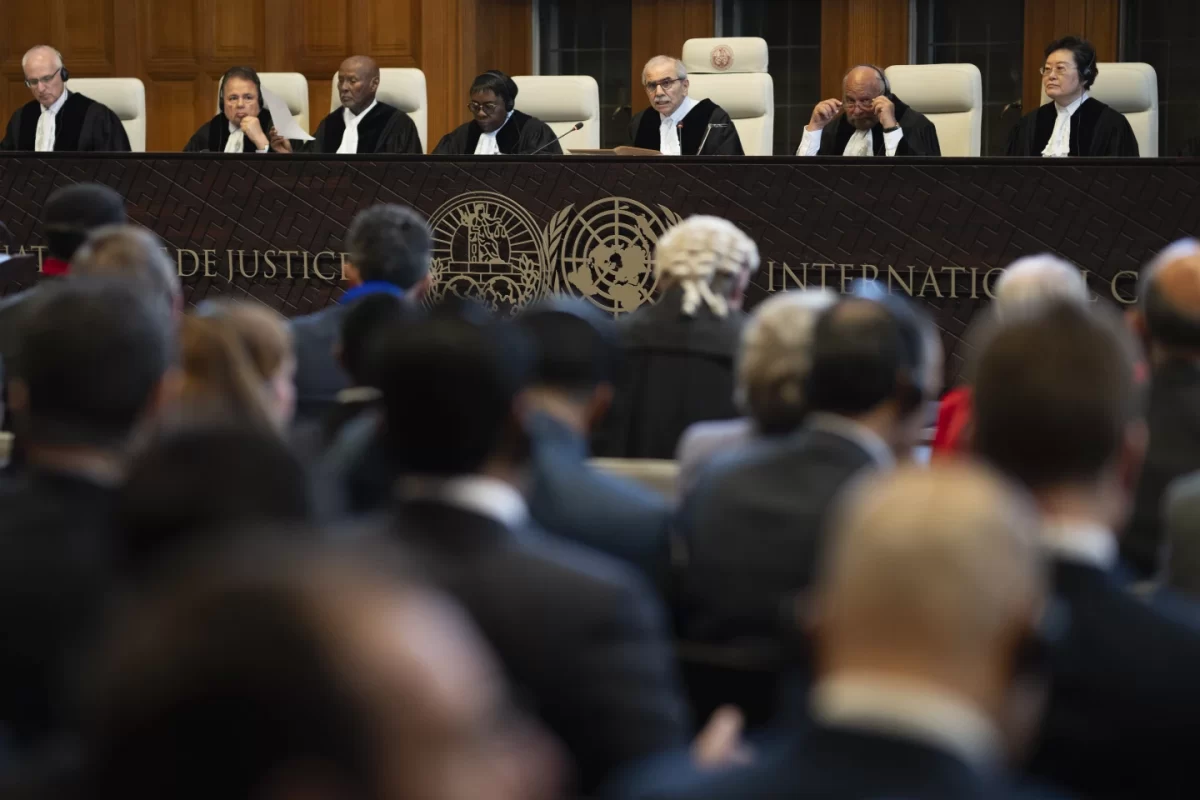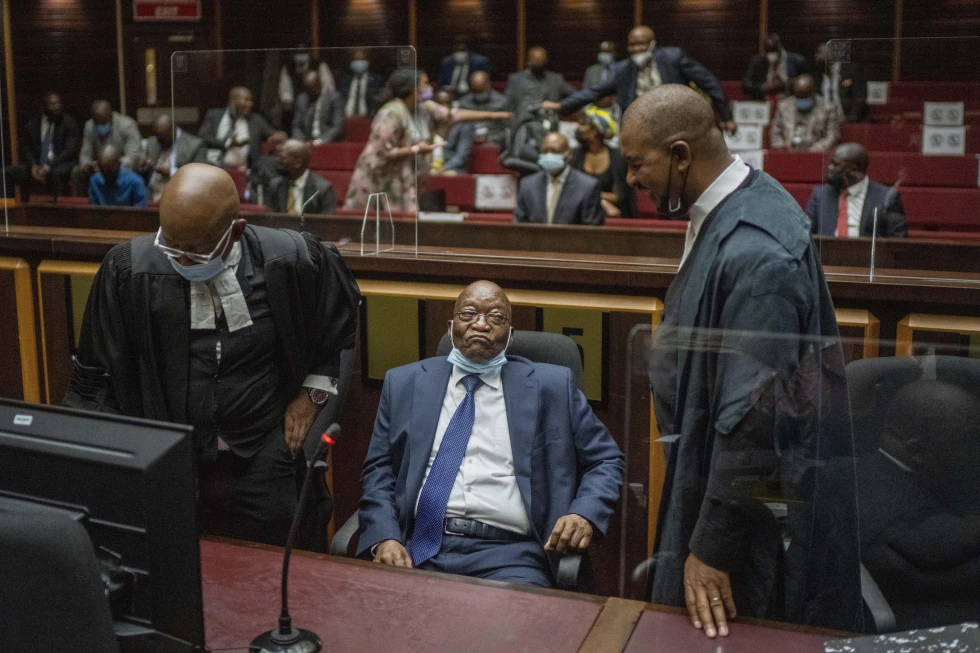HARARE – Ongoing power outages could persist until late November, power utility ZESA said on Wednesday as it blamed technical faults at Hwange Power Station where a new 300 MW power generator is also undergoing 30-day maintenance.
Zimbabweans are experiencing a new wave of power outages after a period of steady supply from the end of June into September, which covered the election period in August.
But businesses and domestic users have in recent weeks noted unscheduled power cuts sometimes lasting up to five hours.
In a statement, ZESA said it is “experiencing depressed generation owing to technical faults which have recently happened at Hwange” adding that “this occurrence has resulted in increased load shedding.”
“We also wish to notify stakeholders that the Hwange Unit 7, which was synchronised in March 2023, is scheduled to undergo Class C Maintenance, a statutory procedure that requires the unit to be taken off the grid after running for a defined period. This work is expected to be completed within 30 days,” ZESA said.
“Please be assured that we are working around the clock to implement measures aimed at reducing the severity of load shedding.”
On Wednesday, ZESA subsidiary the Zimbabwe Power Company said the country was generating 1,204 MW of electricity against peak demand of 1,800 MW. Hwange’s output was 469 MW from a high of 1,008 MW on September 27, Kariba 700 MW and small Independent Power Producers added 35 MW to the grid.
Meanwhile, the Zimbabwe Energy Regulatory Authority (Zera) said it approved a request by ZESA to increase electricity tariffs by USc2/kWh.
ZESA has been charging an average of USc10.63/kWh, which was approved in October 2019 .
“The application from the utility was for an adjustment of USc2/kWh and thereafter, stagger the tariff to a level of cost reflectivity,” ZERA board chairman David Madzikanda said Tuesday.
ZESA said its previous tariff was too “sub economic” to maintain power supply and service debts. ZESA is also unable to recover costs as most customers pay in Zimbabwe dollars.
“We expect a significantly improved and uninterrupted electricity supply position from the utility, as it will be in a position to import electricity from the region and at the same time upgrade its own power stations and grid,” Madzikanda added.
















